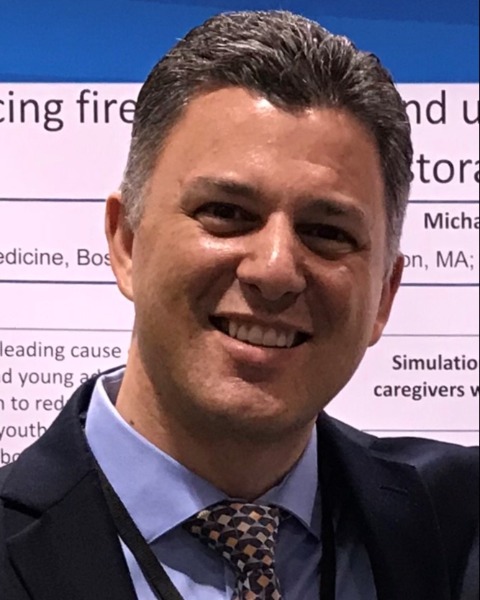Academic and Research Skills
Clinical Research
Health Services Research
Trainee
Confound It! Understanding and Addressing Confounding Bias in Pediatric Clinical Research
-

Michael Monuteaux, ScD
Senior Epidemiologist and Biostatistician
Boston Children's Hospital
Boston, Massachusetts, United States -
MN
Mark Neuman, MD (he/him/his)
Associate Professor of Pediatrics and Emergency Medicine
Emergency
Boston Children's Hospital
Boston, Massachusetts, United States -

Lois Lee, MD, MPH (she/her/hers)
Associate Professor
Emergency Medicine
Boston Children's Hospital, Harvard Medical School
Boston, Massachusetts, United States -

Lise Nigrovic, MD, MPH (she/her/hers)
Associate Professor of Pediatrics and Emergency Medicine
Boston Children's Hospital
Boston, Massachusetts, United States -

Florence Bourgeois, MD, MPH
Associate Professor of Pediatrics
Boston Children's Hospital
Boston, Massachusetts, United States
Leader(s)
Co-Leader(s)
Workshop
Description: Confounding is a ubiquitous concern in observational research that can bias and even invalidate a study’s results. This hands-on workshop will provide practical skills that participants can use in their own research to better understand and address confounding. Upon completion, participants will be able to:
1. Explain the counter-factual conceptual model of confounding.
2. Identify the necessary characteristics of a confounder.
3. Select the optimal approach to address confounding, given the study design and research question.
Mixing brief didactic presentations with interactive exercises, workshop leaders (all with extensive experience in clinical research, including an epidemiologist) will engage participants to demonstrate the counter-factual model of confounding, essential characteristics of potential confounders, predict the direction of confounding bias, and elucidate the relative merits of various approaches to address confounding, informed by examples and input from participants. Then, facilitated by the workshop leaders, participants will form small working subgroups. Each subgroup will be provided with a research vignette (ie, a summary of a published study taken from the pediatric literature). Drawing from their own experiences and expertise, subgroups will complete a worksheet to evaluate their vignette, where they will describe the clinical question, research hypothesis, potential confounders, the optimal approach to account for confounding, and the likely limitations of the results. Next, each subgroup will present their vignette and worksheet responses with the rest of the participants, allowing for further discussion and input from the full group. We will conclude with a debriefing and review of take-home points facilitated by the workshop leaders.
Learning Objectives:
- Explain the counter-factual conceptual model of confounding.
- Identify the necessary characteristics of a confounder.
- Select the optimal approach to address confounding, given the study design and research question.
